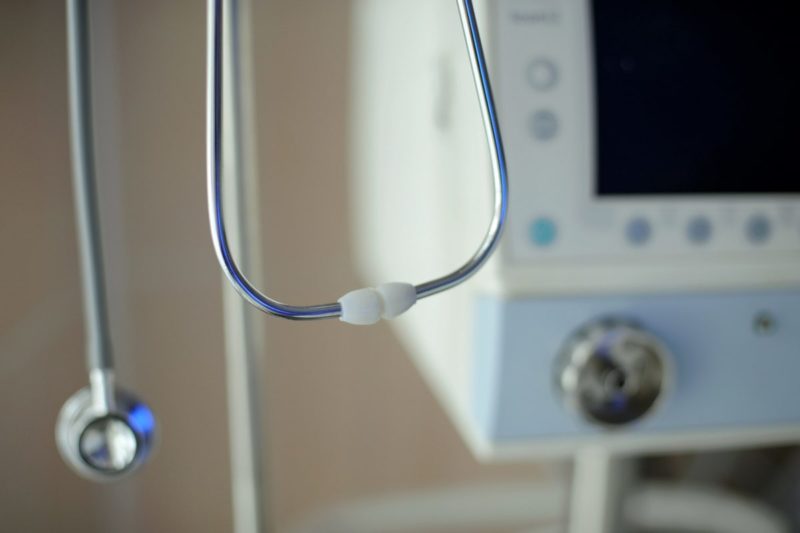Virginia Board of Health Votes to Remove Abortion Clinic Restrictions
The board's vote marks the first time a state has taken steps to comply with precedent set by the landmark U.S. Supreme Court ruling in Whole Woman’s Health v. Hellerstedt.

The Virginia State Board of Health on Monday voted to remove unconstitutional restrictions on the Commonwealth’s reproductive health centers.
The board’s vote marks the first time a state has taken steps to comply with precedent set by the landmark U.S. Supreme Court ruling in Whole Woman’s Health v. Hellerstedt regarding similar provisions.
The regulations now go to Virginia’s attorney general and Gov. Terry McAuliffe (D) for review. McAuliffe has been an outspoken critic of the restrictions, which would force clinics to spend money on upgrades and modifications, or shutter.
Tarina Keene, executive director of NARAL Pro-Choice Virginia, said in a statement that the board’s actions will help Virginians access safe and affordable abortion care, but noted that the GOP-held state general assembly must repeal the legislation that has given “rise [to] medically unnecessary restrictions.”
Gail Deady, the Secular Society women’s rights legal fellow at the ACLU of Virginia, said the vote was not a “permanent solution.”
“It is now up to the legislature to do theirs and repeal the statute in full,” Deady said.
Following eight hours of public comments, debate, and discussions, the board voted 11 to 4 on Monday to remove the state’s facility regulations that threatened to restrict access to abortion care by forcing clinics to close.
Virginia’s Republican-controlled legislature passed SB 924 in 2011 to impose a wide range of restrictive clinic regulations. Many of those targeted regulation of abortion providers (TRAP) laws went into effect in 2013.
In September 2015, the board approved amendments that removed the medically unnecessary transfer agreement requirement and allowed clinics to remain open and continue offering reproductive health services, as Rewire reported.
The board, which considered 26 amendments on Monday, initially planned to vote on the amendments in September but decided to table the vote and hold a special meeting for the purpose in October.
The decision to delay Monday’s vote emerged after the state discovered more than 600 comments had not been included in a meeting packet that included public comment, the Daily Press reported.

